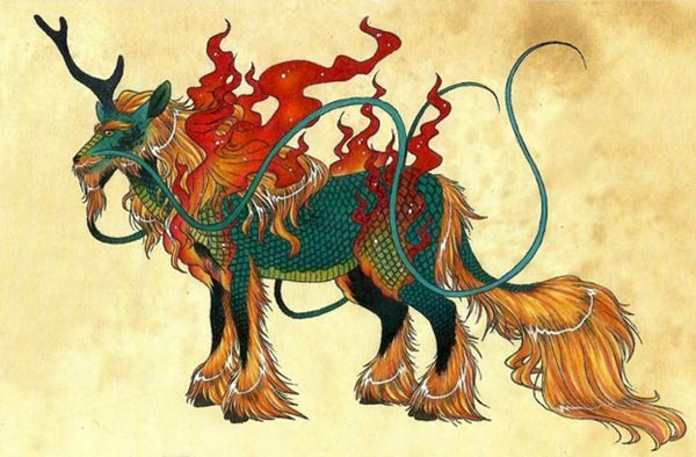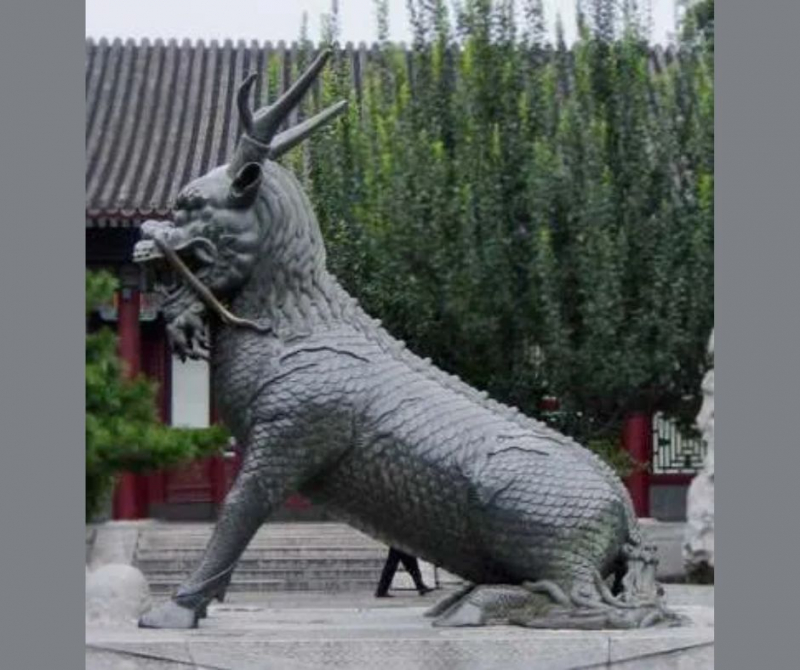The Unicorn’s Prophecy
China has its own unique unicorn. It is a well-known truth that unicorns have traveled to all parts of the world, and numerous cultures have some sort of connection to them. You may not be surprised to find that there is a Chinese unicorn, also known as the Qilin, as their hooves have touched down on various different continents. One of the four noble animals of Eastern Asia is the Chinese unicorn known as Qilin. The other three are the phoenix, dragon, and tortoise. If you ever have the chance to travel to China, you could be fortunate enough to see one in this stunning nation.
The Qilin is thought to have first appeared in the garden of the fabled Huangdi, the Yellow Emperor of China, in 2697 BC. The gentlest creatures on Earth, qilins don't hurt animals or birds. In this way, they contrast with the early European unicorns, which were still seen as noble and primarily kind creatures while being fearsome and strong.
The Qilin is frequently shown as being wary of walking on the grass out of concern that it would harm delicate flora or insect life. It summons clouds or water fountains and rides on them to get from place to place instead of letting its hooves touch the ground.
The Qilin has an extremely odd appearance and bears little resemblance to the unicorn found in Europe. Although there are some subtle variations, it is typically shown as a four-legged monster. It has a magnificent, gem-encrusted body with horse hooves at the ends of its legs and resembles a Chinese dragon in some aspects. It does appear to have a single horn in the middle of its forehead in many descriptions, which is perhaps one of the causes for its first connection to the European unicorn. However, it is commonly portrayed with two horns, and occasionally they seem like a deer's antlers.
Qilins were frequently associated with the birth of famous leaders or prominent persons, such as the 6th century BC scholar Confucius. This was announced by a Qilin appearing to his future mother and coughing up a jade tablet that predicted his birth. When the same sage was hurt by a charioteer, a Qilin was claimed to have foreseen his death.
Only those with a pure soul and the desire to achieve greatness will encounter qilins, and their existence was a sign of luck and favor. Many people believed that they would only show up during the rule of an exceptional leader. Similar to the European unicorns, who would only let virgins or, in some tales, those of excellent reputation approach them, they are associated with good people.
Qilins appear to be a more strong, more attractive, and more fascinating creature in Chinese culture than the European unicorn. They share many of the same traits but to extremes, such as their gentleness in not even hurting the grass. In Chinese beliefs, they appear to have attained almost god-like status, and their symbolism is extremely important to Chinese history and culture.
It is anticipated that as we all work to be more inclusive and aware of cultures different than our own, more people would come to know and respect Qilins. The Qilins allow us to observe one of the Western world's most beloved mythological animals from a new perspective.
















